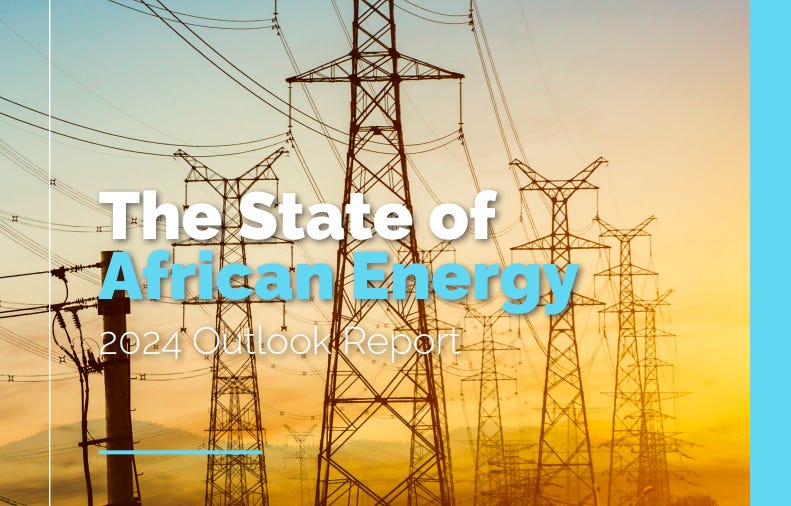Africa foresees stable cash flow, govt take: African Energy Chamber Report
The report reveals that after a significant drop from 2022 to 2023, the free cash flow and government take in Africa are expected to remain relatively flat in the years 2023-2024.
JOHANNESBURG, South Africa - In the recently released "The State of African Energy 2024 Outlook Report" by the African Energy Chamber, it is projected that Africa will witness relatively stable free cash flow and government take in the years 2023-2024, writes Winston Mwale.
The report highlights the key highlights and industry reviews for the African energy sector, providing valuable insights into the continent's energy landscape.
The report reveals that after a significant drop from 2022 to 2023, the free cash flow and government take in Africa are expected to remain relatively flat in the years 2023-2024.
This stability is attributed to stable commodity prices and a flattish investment profile across the continent.
National Oil Companies (NOCs) and international oil majors are expected to lead the way in generating free cash flow during this period.
According to the report, the annual government take in 2023-2024 is projected to see a 25% decrease from the levels seen in 2022. Despite this decline, the government take will still surpass the levels observed during the pandemic period, indicating a positive outlook for the energy sector.
In terms of oil markets, the report forecasts that global oil and condensates output in 2024 will be marginally higher than in 2023.
The Middle East and the Americas are expected to drive the majority of short-term supply.
The report also identifies the road transport and petrochemical sectors as the main drivers of oil demand over the next 18 months.
The balance between oil demand and supply is expected to tighten in 2024, with a difference reduced to about 1 million barrels per day (bpd).
The African Organization of the Petroleum Exporting Countries (OPEC) member nations are expected to play a crucial role in shaping Africa's oil and condensates output during this period.
The report highlights the significant role of NOCs and majors in terms of working interest liquids production.
However, production declines and outages in major OPEC member nations have compelled a 100% compliance to OPEC cuts.
Various planned and unplanned disruptions are estimated to result in production losses of approximately 215,000 bpd in 2023.
Looking ahead, OPEC member nations are expected to maintain their dominant contribution to African output, even in the long-term.
Turning to the gas markets, the report projects that global gas supply will be primarily driven by North America, the Middle East, Asia, and Russia.
It also suggests that global gas and liquefied natural gas (LNG) demand will outpace the supply from currently producing fields, with the balance relying on newer projects and undeveloped discoveries.
Africa is set to become one of the top five LNG exporters globally, with North Africa expected to contribute the majority of natural gas supplies and West Africa driving the LNG sector.
The African Energy Chamber's report sheds light on the energy landscape in Africa and provides valuable insights for stakeholders in the sector.
It serves as a resource for policymakers, investors, and industry players looking to navigate the continent's energy market.
In conclusion, the "The State of African Energy 2024 Outlook Report" highlights the stability in free cash flow and government take in Africa for the years 2023-2024.
It also emphasizes the significance of NOCs, international oil majors, and OPEC member nations in shaping the continent's energy sector.
The report provides valuable insights into the oil and gas markets, emphasizing the growing role of Africa in the global LNG trade.
*Download the report below:




